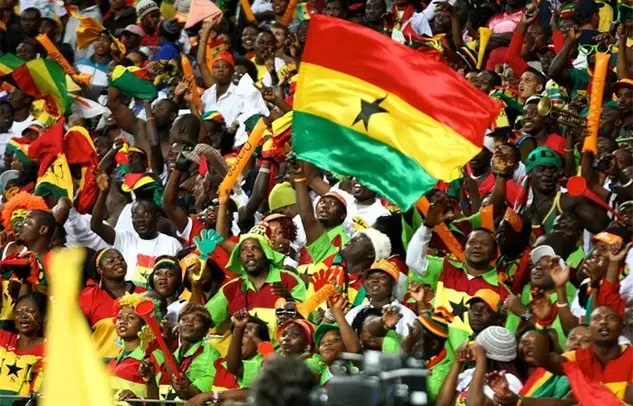Ghana has dropped to 61st position in the latest Global Peace Index (GPI) report, a six (6) places drop from last year’s ratings.
This is the fifth consecutive year that Ghana has dropped in the global rating which saw the country dropping to 7th in Sub-Saharan Africa from last year’s 4th place.
The 2025 GPI ranked 163 independent states and territories according to their level of peacefulness, covering 99.7 per cent of the world’s population.
Produced by the Institute for Economics & Peace (IEP), the GPI is the world’s leading measure of global peacefulness.
Ghana ranked 38th in 2021, 40th in 2022, 51st in 2023, and 55th in 2024 globally, while ranking 2nd in 2021 and 2022, 4th in 2023 and 2024 respectively in Sub-Saharan Africa.
The latest slump to the 61st position on the global stage places Ghana behind five African countries – Mauritius (26th globally), Botswana (43rd), Namibia (50th), The Gambia (55th), Sierra Leone (57th), and Madagascar (59th) which are considered to be more peaceful than Ghana on the African continent.
The latest rating points a general drop in global peace as many nations continue to experience various violent tensions.
The 2025 GPI finds that global peacefulness continues to decline and that many of the leading factors that precede major conflicts are higher than they have been since the end of WWII.
It also finds that more countries are increasing their levels of militarisation against the backdrop of rising geopolitical tensions, increasing conflict, the breakup of traditional alliances and rising economic uncertainty.
There are currently 59 active state-based conflicts, the most since the end of WWII and three more than the prior year. Last year, 17 countries recorded over 1,000 conflict deaths.
Additionally, the successful resolution of conflicts is lower than at any point in the last 50 years.
Conflicts that ended in a decisive victory fell from 49 per cent in the 1970s to nine per cent in the 2010s, while conflicts that ended through peace agreements fell from 23 per cent to four per cent over the same period.
BY Gibril Abdul Razak


